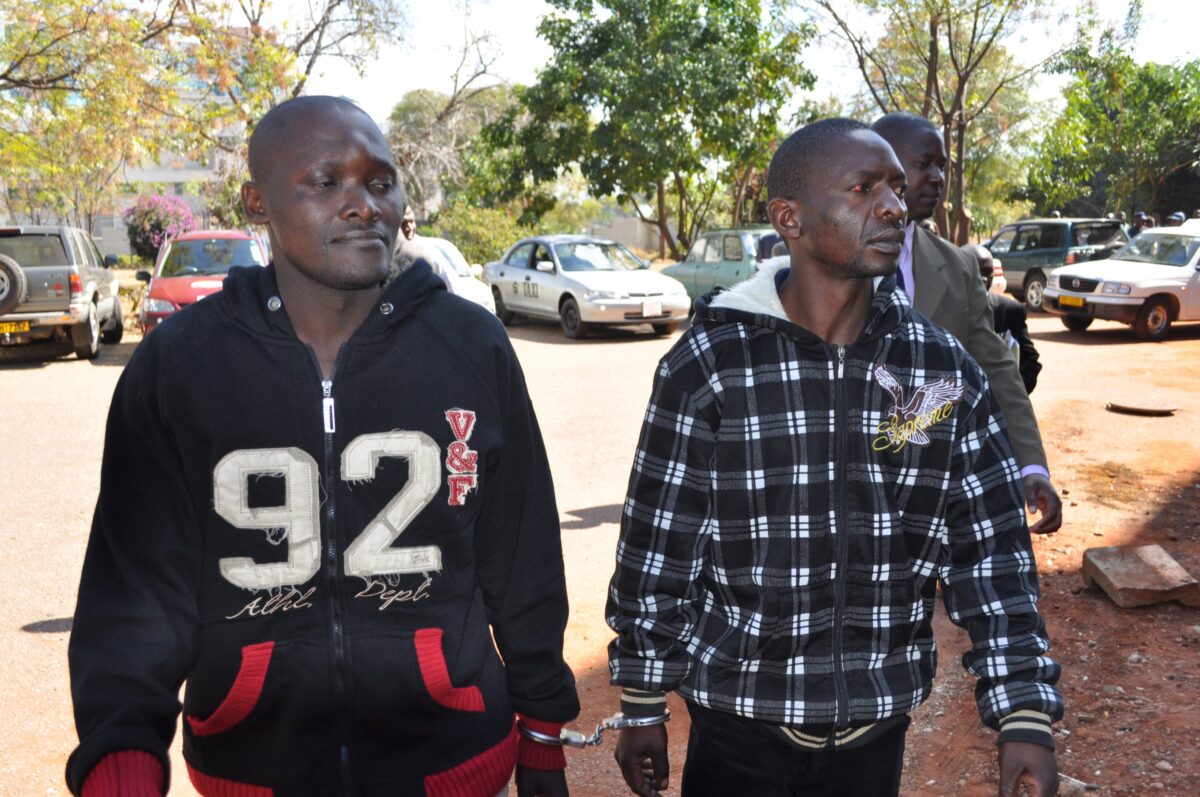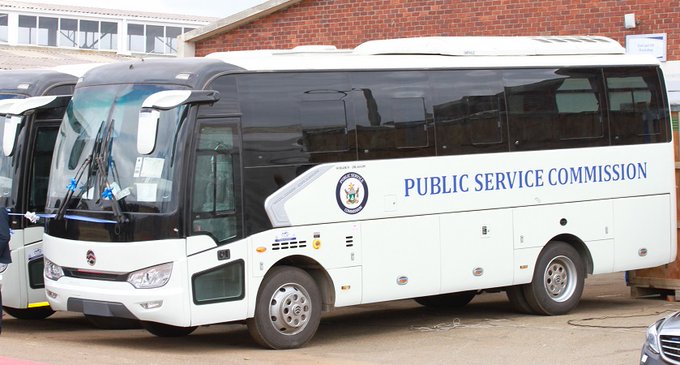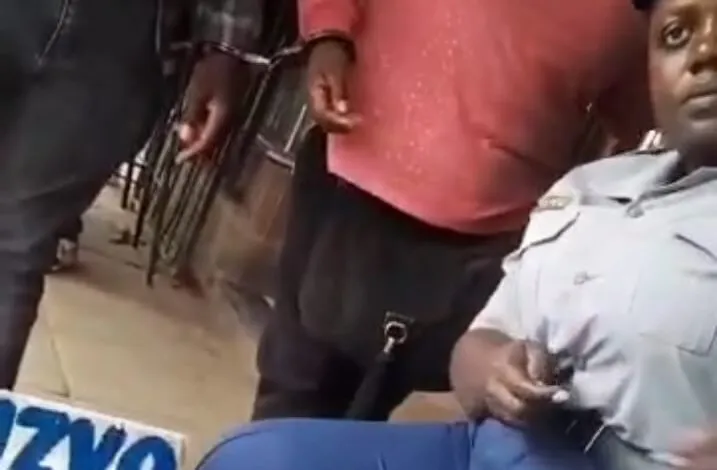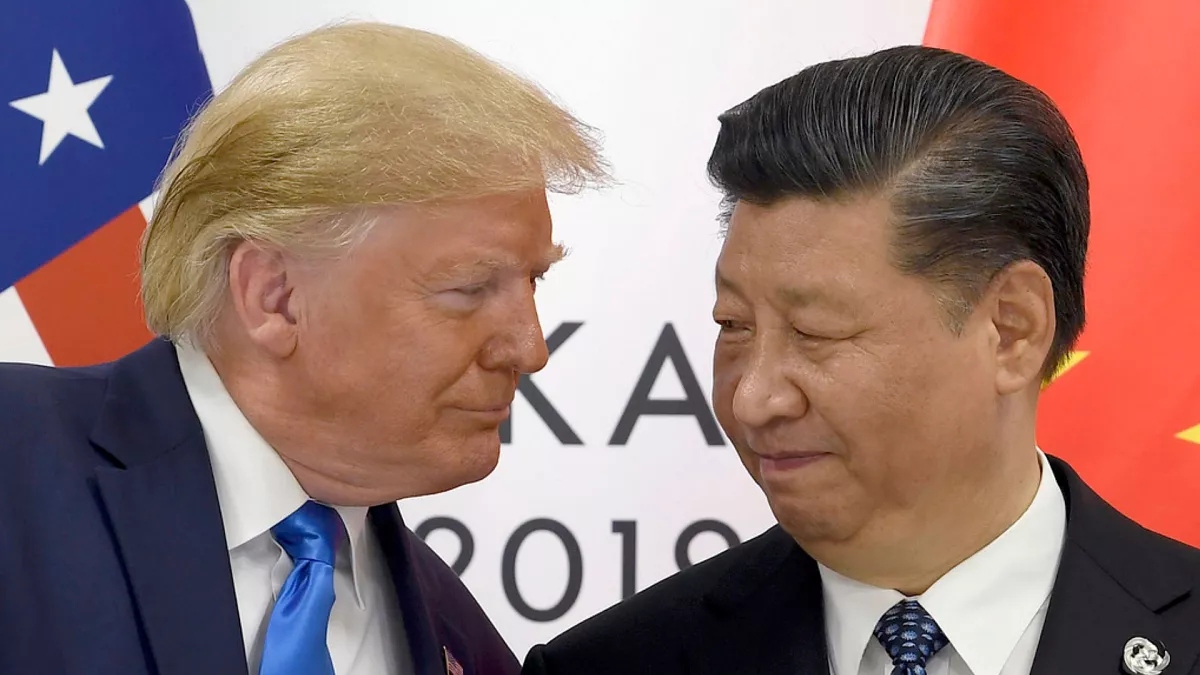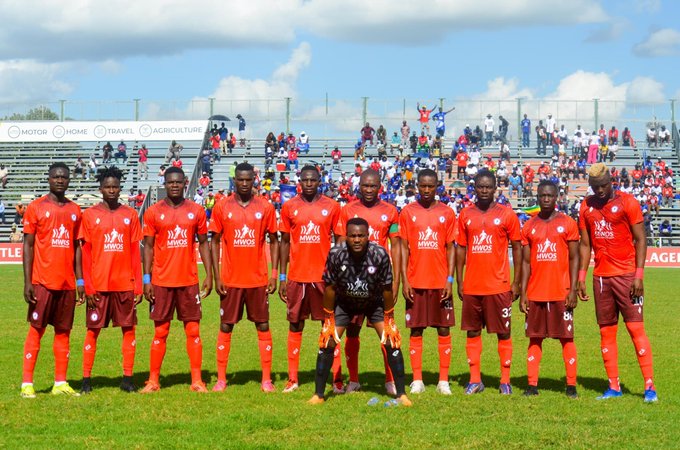HARARE – MDC activists Last Maengahama, Yvonne Musarurwa and Tungamirai Madzokere were wrongly convicted of the 2011 murder of a police officer in Harare, the Supreme Court has ruled on appeal.
Justice Rita Makarau, who wrote the judgement with Justices Elizabeth Gwaunza and Susan Mavangira concurring, quashed the trio’s conviction and 20-year sentences as she ordered their immediate release on Friday.
Justice Makarau said: “No evidence was led to show that the appellants were present with the actual perpetrator when the deceased was felled by the brick that caused the mortal wound. In the absence of such evidence, the law clearly provided at the material time that the appellants could not be convicted of the murder of the deceased.
“In the absence of evidence that the appellants participated in the commission of the crime as provided for in the Code, they cannot be convicted. They are therefore entitled to an acquittal on the charge of murder.”
Maengahama and Madzokere have spent 10 years in jail after being arrested and convicted of the May 29, 2011, murder of Inspector Petros Mutedzi in Glen View 3 after he was attacked by a mob.
Musarurwa, who maintained her innocence, was released on a presidential amnesty in 2018.
Defence lawyer Beatrice Mtetwa argued during their trial that the three were not at the scene of the murder, including showing video evidence that Maengahama was in fact in church, but Justice Chinembiri Bhunu – now a Supreme Court judge but then of the Harare High Court – convicted the trio in 2016.
A relieved Mtetwa said on Friday: “I couldn’t go to note the judgement as I feared collapsing if the appeal had failed. I have been tearful all morning from the pain of the system having failed these main for this length of time.”
The main opposition MDC was holding what it described as a “T-Shirt Visibility Day” in Glen View when riot police, including Mutedzi, were deployed. The police officers randomly beat up people at Glen View 3 Shopping Centre, including patrons at a local bar.
Mutedzi was separated from his colleagues and attacked by a mob. He died after being hit by a brick on the head.
In a dragnet that followed, police arrested 29 MDC activists including Madzokere, who was the local councillor, and Maengahama, an MDC national executive member.
After lengthy delays, seven MDC activists – Madzokere, Musarurwa, Lazarus Maengahama, Phineas Nhatarikwa, Paul Rukanda, Last Maengahama and Edwin Mhingiri – finally went on trial for the murder of the police officer. Many of the other activists were either later acquitted or convicted of lesser offences.
Justice Bhunu acquitted Mhingiri, Lazarus Maengahama, Nhatarikwa and Rukanda on the murder charge, but convicted Madzokere, Musarurwa and Last Maengahama.
The judge accepted that none of the three “delivered the fatal blow” but still ruled that “being part of the leadership and organisers of an unsanctioned MDC-T T/Shirt Visibility Day” the three were “jointly fully responsible for seeing to it that people and property were not harmed during the course of the unsanctioned demonstration.”
The Supreme Court judges said Justice Bhunu misapplied the appropriate law dealing with “common purpose” offences. Not only was the murder case unproven, the trio also could also not be convicted of the offence of public violence, an alternative charge, the Supreme Court said.
Witness evidence “did not tell a seamless story”, was “remarkably disjointed” and “contradictory in some respects.” The evidence of a police officer who placed the accused at the crime scene, an Inspector Nyararai, was “unsafe to rely on”, said Justice Makarau.
“In the result, I find that there was no reliable evidence at the close of the State case upon which a court acting carefully would convict the appellants of public violence,” she ruled.
The Supreme Court said all seven who had been charged with murder and alternative charges, including Nhatarikwa who was convicted of being an accessory to public violence, are “found not guilty and are duly acquitted of both the main and alternative or concurrent charges.”
“Madzokere and Maengahama are entitled to their immediate release,” the judges added.
Musarurwa was released in 2018 as one of 87 female prisoners, and 3,000 overall, who benefited from a presidential amnesty.
She maintained her innocence, commenting after her release: “I haven’t forgiven Zanu PF for taking me to prison for no apparent reason. I’m still hurt because there are two innocent people (Maengahama and Madzokere) who are still in and suffering for nothing.
“I have no liking in the current President (Emmerson Mnangagwa). It was my right to be freed because I committed no crime. When I was sentenced to 20 years, Mnangagwa was the Vice President and Minister of Justice.”

